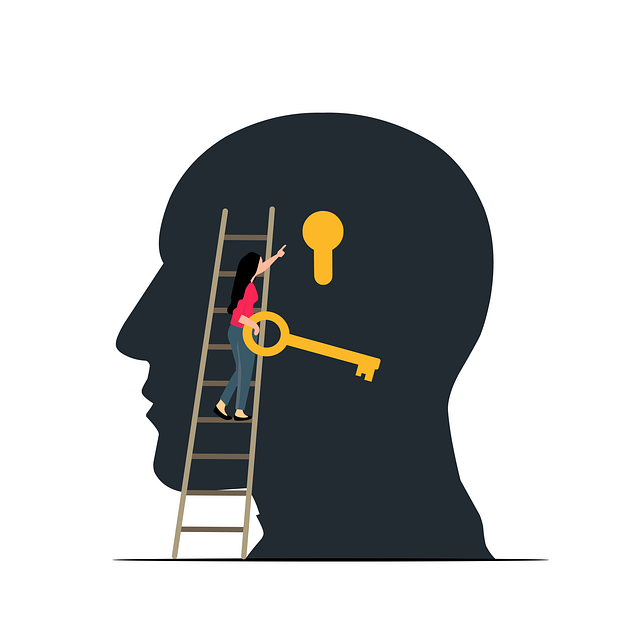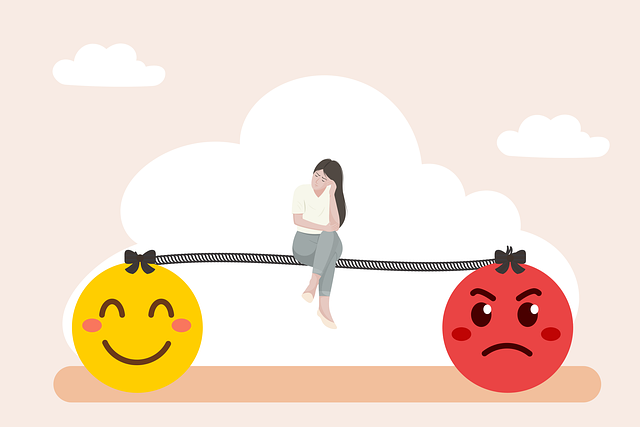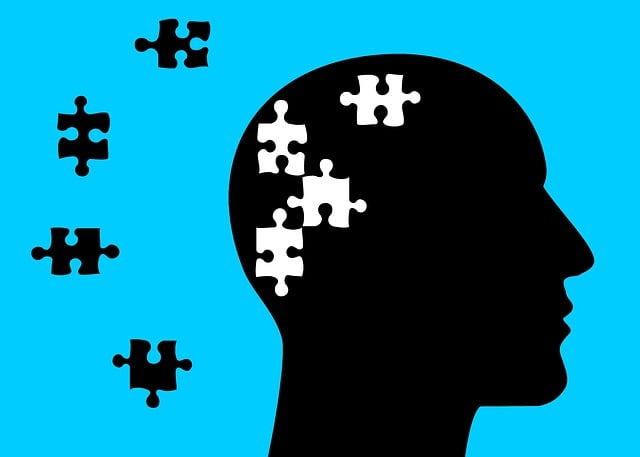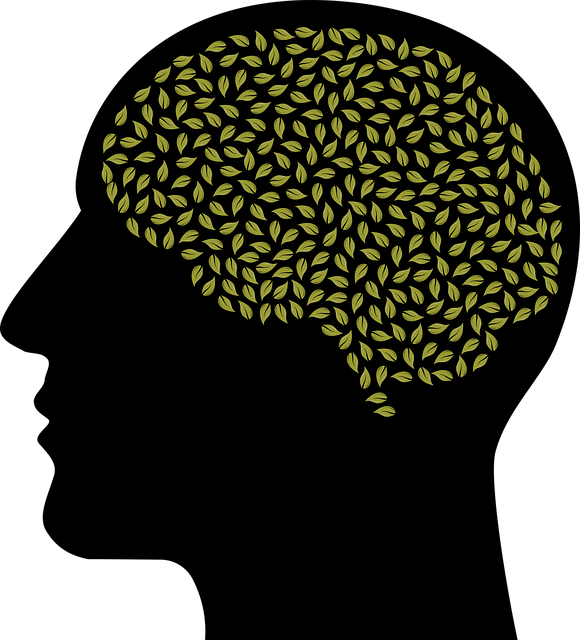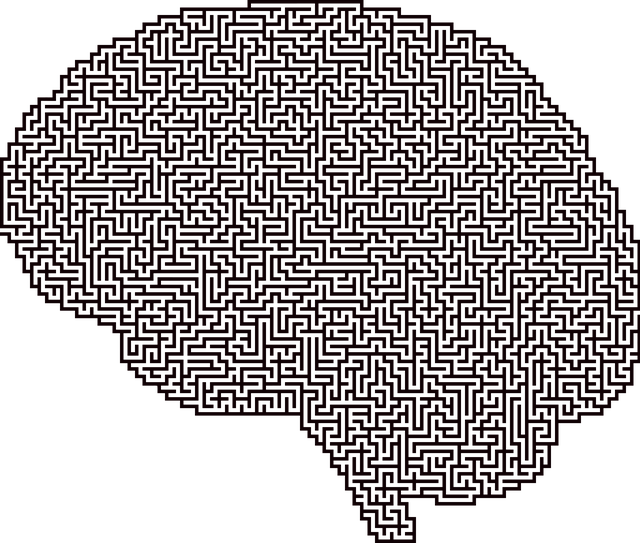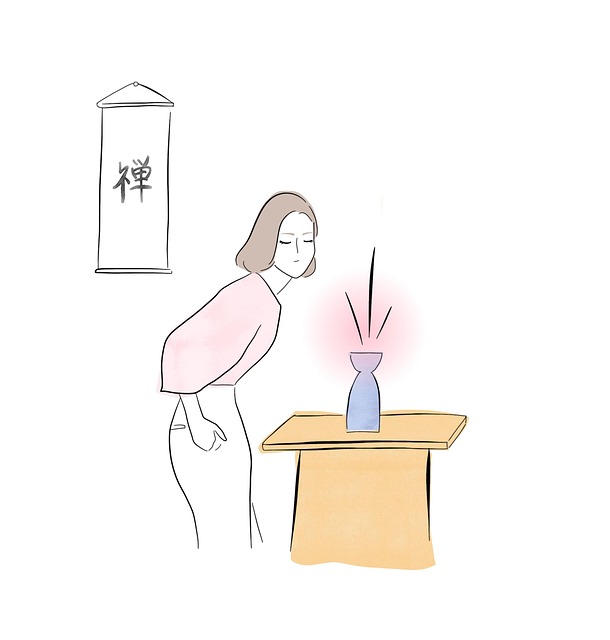Oppositional Defiant Disorder (ODD) in young children aged 2-12 is characterized by defiance and arguments with authority. Early, culturally competent intervention focusing on emotional intelligence, coping skills, and evidence-based therapies like cognitive behavioral therapy (CBT) through play is key to improving outcomes. Mindfulness exercises and positive reinforcement also benefit both children and healthcare providers, preventing burnout for optimal mental health education and therapy.
“Uncovering effective strategies to support young children with Oppositional Defiance Disorder (ODD) is the focus of this comprehensive guide. We explore the design and implementation of mental health education programs, offering a structured approach to addressing ODD.
The article delves into understanding ODD, highlighting its unique challenges for young minds. It provides an in-depth look at essential program components and evidence-based techniques for delivering tailored therapy. By employing interactive methods, this resource equips educators and caregivers with tools to foster positive behavior change in children with ODD, ensuring a brighter future.”
- Understanding Oppositional Defiance Disorder (ODD) in Young Children
- Components of an Effective Mental Health Education Program for ODD
- Strategies and Techniques for Delivering ODD Therapy to Young Children
Understanding Oppositional Defiance Disorder (ODD) in Young Children

Oppositional Defiance Disorder (ODD) is a common behavioral issue often observed in young children aged 2 to 12 years old. It’s characterized by frequent and persistent arguments with authority figures, such as parents or teachers, defiance of requests or rules, and anger or irritability. While it can be challenging for both parents and educators, early intervention and therapy are crucial.
Effective therapy for young children with ODD focuses on improving emotional intelligence and self-esteem while teaching them better ways to express their emotions and communicate their needs. Healthcare providers play a vital role in this process, offering guidance and strategies that incorporate cultural competency training to address the unique needs of each child. By fostering an environment that promotes understanding and empathy, these interventions can significantly improve outcomes for children with ODD.
Components of an Effective Mental Health Education Program for ODD

An effective mental health education program for children with Oppositional Defiant Disorder (ODD) should encompass a multi-faceted approach tailored to their unique needs. The curriculum must begin by fostering an understanding of ODD, its root causes, and its impact on both the individual child and their environment. This knowledge base is crucial in helping young minds recognize and accept their emotions, a key step towards managing externalizing behaviors.
Through interactive activities and engaging discussions, programs should teach coping skills development, emphasizing techniques for stress reduction methods and self-care practices. Equipping children with these tools empowers them to navigate challenging situations more adaptively. Additionally, incorporating evidence-based therapies, such as cognitive-behavioral therapy (CBT), can significantly aid in modifying negative thought patterns and behaviors associated with ODD.
Strategies and Techniques for Delivering ODD Therapy to Young Children

Delivering therapy to young children with Oppositional Defiance Disorder (ODD) requires a thoughtful and tailored approach that considers their unique developmental stage. Play-based therapies, such as cognitive behavioral therapy (CBT) integrated into engaging games and activities, have proven effective in treating ODD symptoms in this demographic. By utilizing the child’s natural curiosity and play instincts, therapists can create a safe and supportive environment to teach essential coping skills and challenge negative thought patterns.
Incorporating Mind Over Matter principles within these therapeutic sessions empowers young clients with self-regulation strategies. Techniques like mindfulness exercises and positive reinforcement aim to enhance mental wellness and prevent burnout not only in the children but also in healthcare providers implementing these interventions. Burnout prevention strategies are crucial, as consistent and compassionate care from professionals is vital for effective ODD therapy outcomes.
In conclusion, designing a comprehensive mental health education program for young children with Oppositional Defiance Disorder (ODD) involves understanding the disorder, incorporating effective components, and utilizing tailored strategies. By addressing ODD through targeted therapy, we can empower both children and their support networks to navigate challenges and foster positive behavioral changes. This holistic approach ensures that each young mind receives the care it needs to thrive and reach its full potential.



